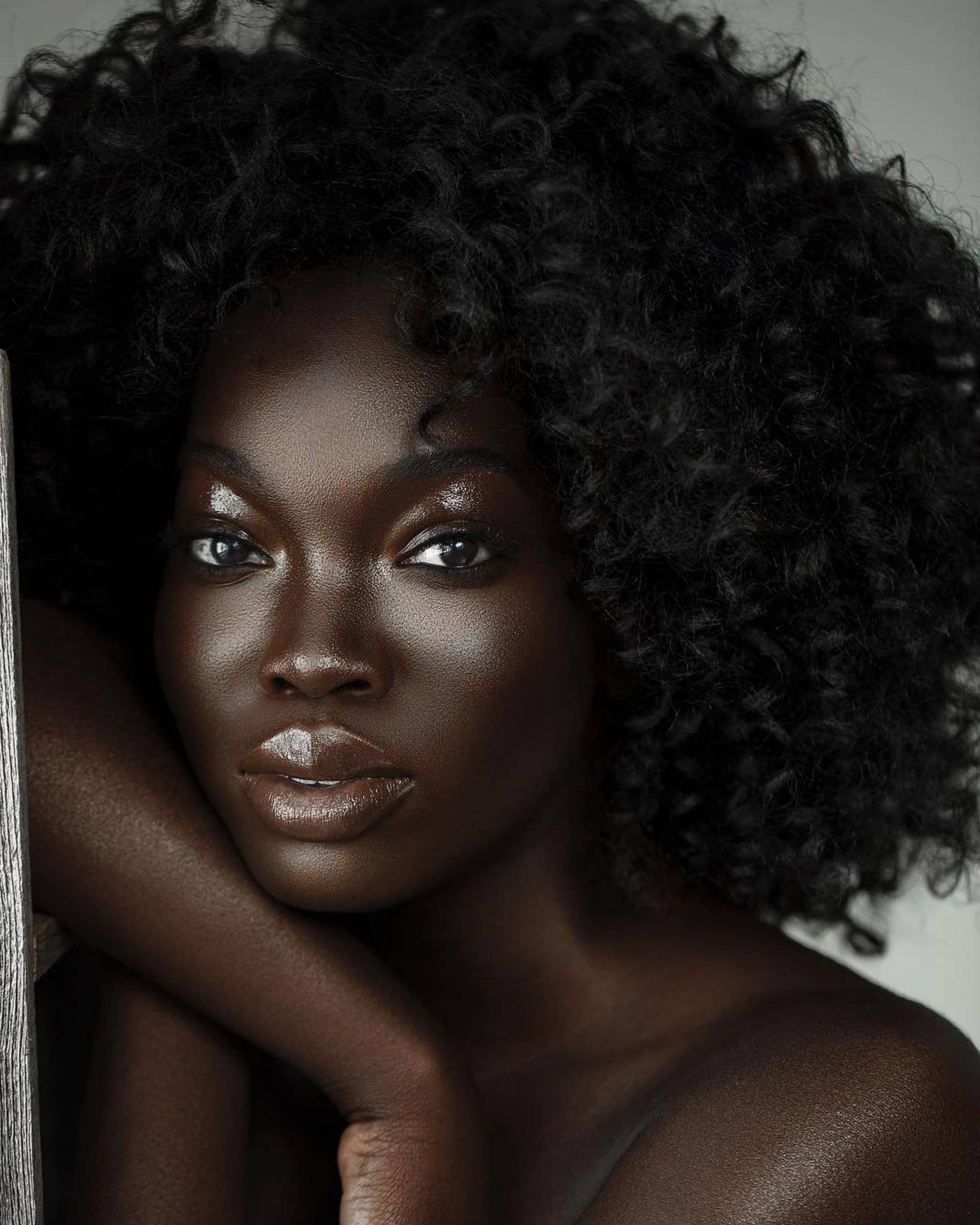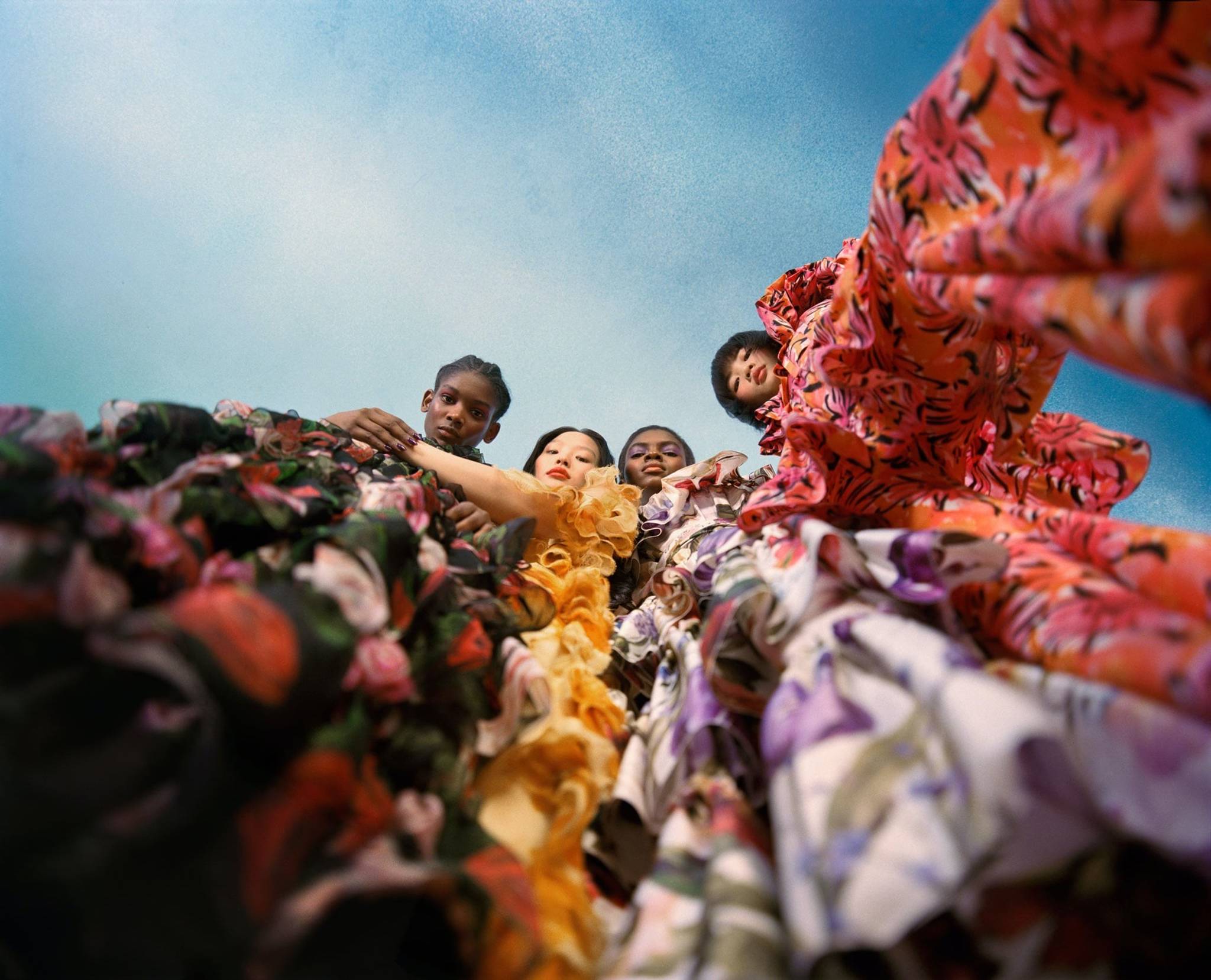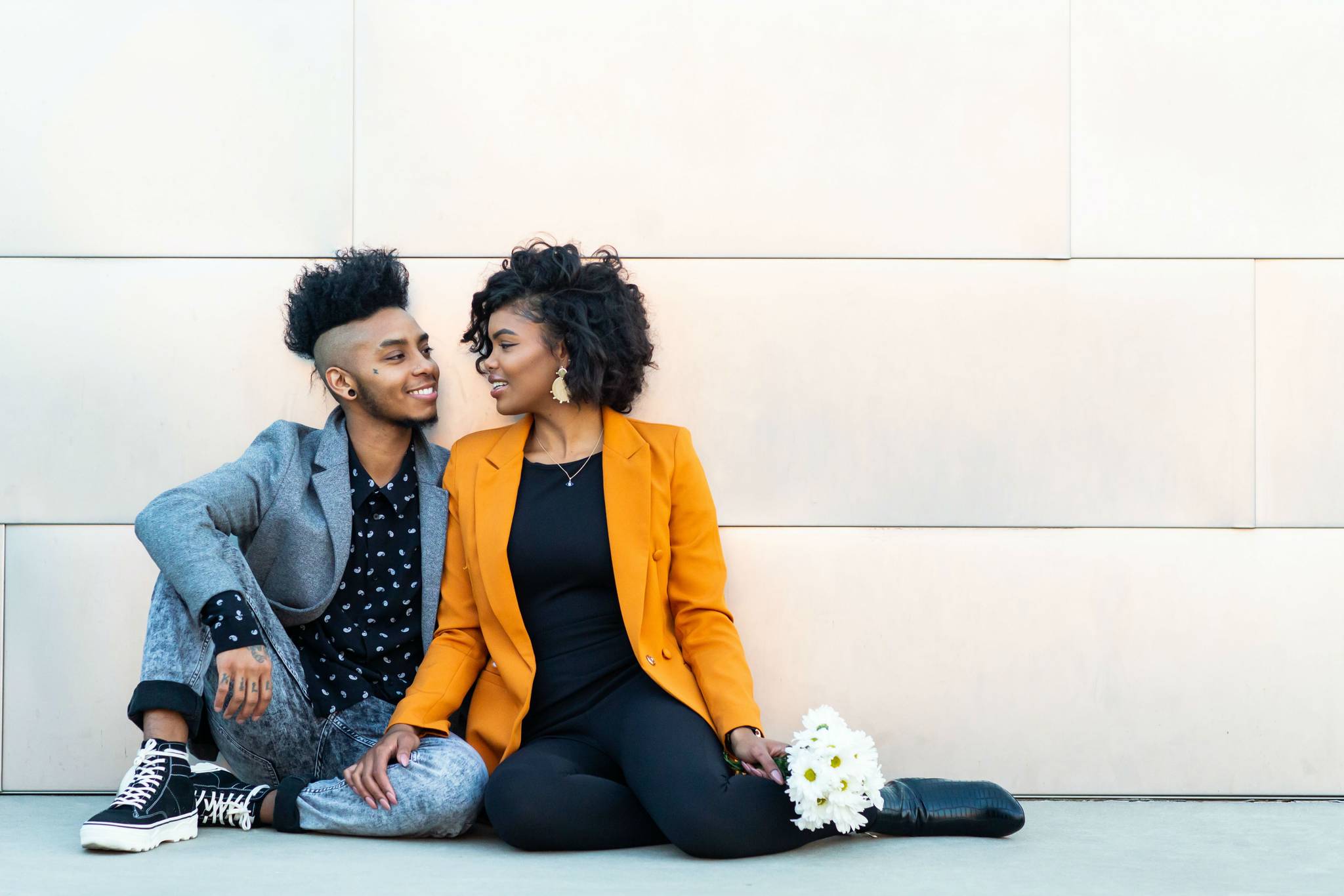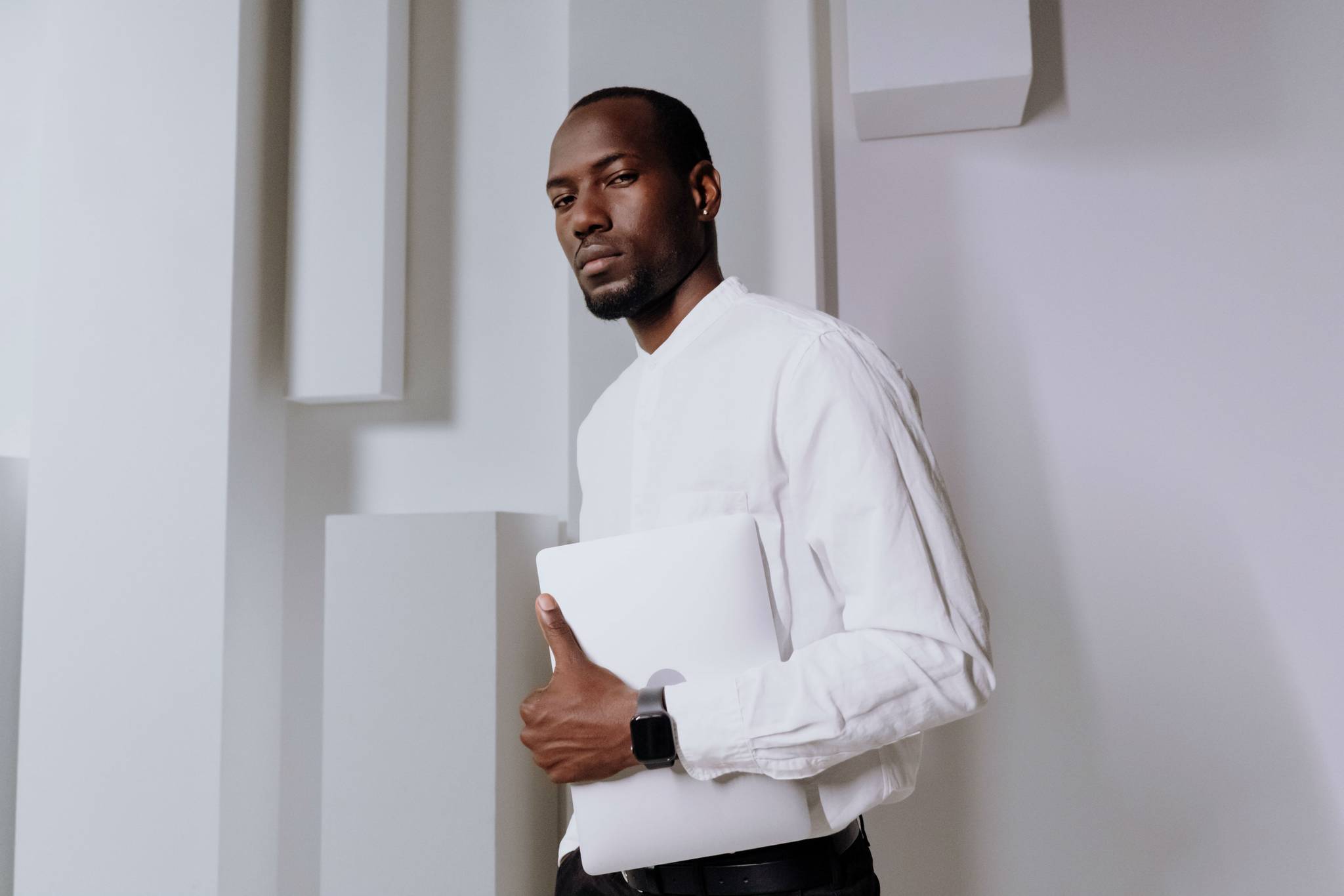
English-language dictionaries have numerous definitions of ‘black’, but none include how it's used to suggest luxury, such as 'black tie'. Black beauty founder Sharon Chuter is campaigning to change this to shift away from negative associations of the word and towards an unbiased definition.
Sharon Chuter, founder of beauty brand Uoma Beauty and nonprofit Pull Up For Change, has written an open letter arguing that the positive modern associations of the word ‘black’, such as luxury, formality, and timelessness, are disregarded by dictionaries and wider culture. Chuter cites recognisable examples such as ‘black tie’, the American Express Centurion Black card, and Uber Black – all of which imply luxury and exclusivity. The letter was released as part of the reboot of the Make It Black campaign, which aims to raise funds for Black entrepreneurs, and level the playing field in terms of access to funding. “The function of language goes beyond expressing ideas and concepts, it shapes thought and defines our collective consciousness,” says Chuter. “Language should be [...] reflective of our current realities.”
Chuter isn’t arguing for negative definitions to be removed – such as Merriam-Webster’s definition for ‘black’ as ‘dirty, soiled’ or the OED’s ‘having dark or deadly purposes, malignant’ – but rather to add the positive definitions that already exist within culture today, since dictionaries are catalogues of language use. Language is a key arena within which marginalised communities can highlight prejudices and misconceptions, and push to redefine their identities on their own terms. It’s why the proud and clear branding of Black-owned businesses like Black Girl Sunscreen and initiatives like Channel 4’s Black to Front Project, are so powerful. There’s an opportunity for mainstream brands to consider and celebrate the positive associations of the word ‘black’, especially those that use it within their marketing already.



